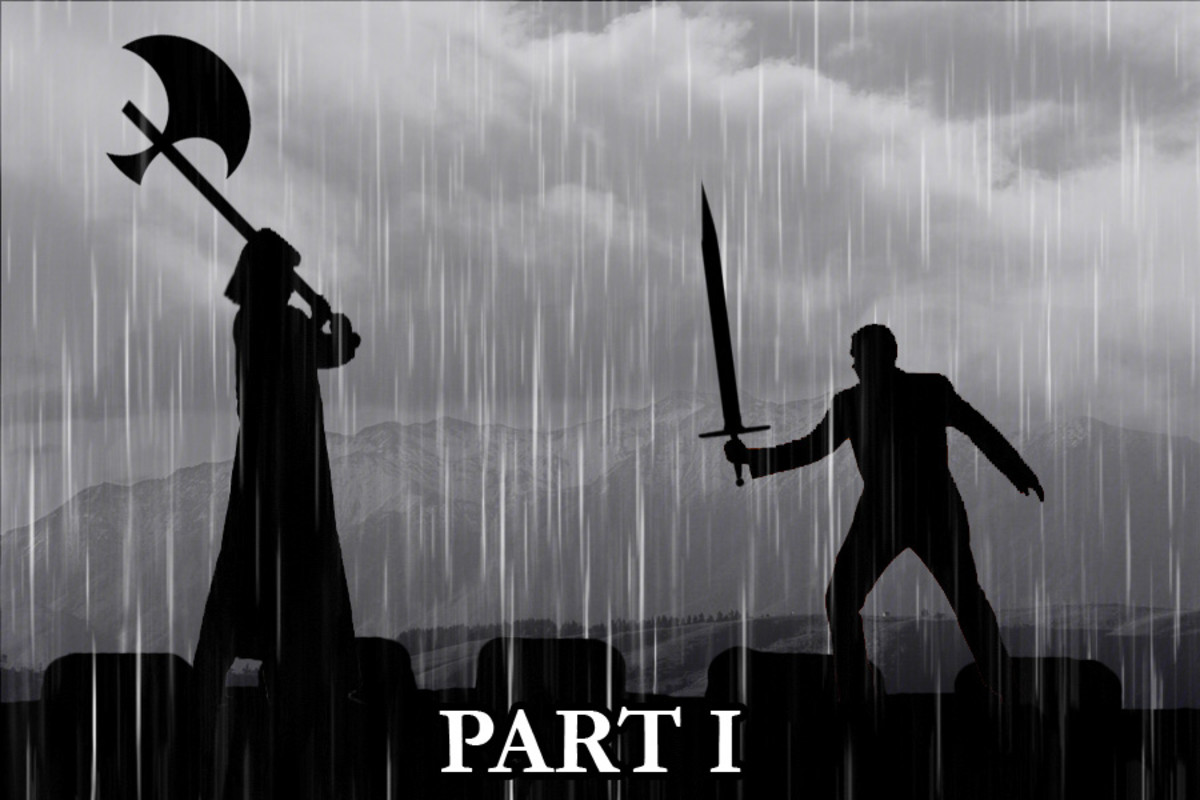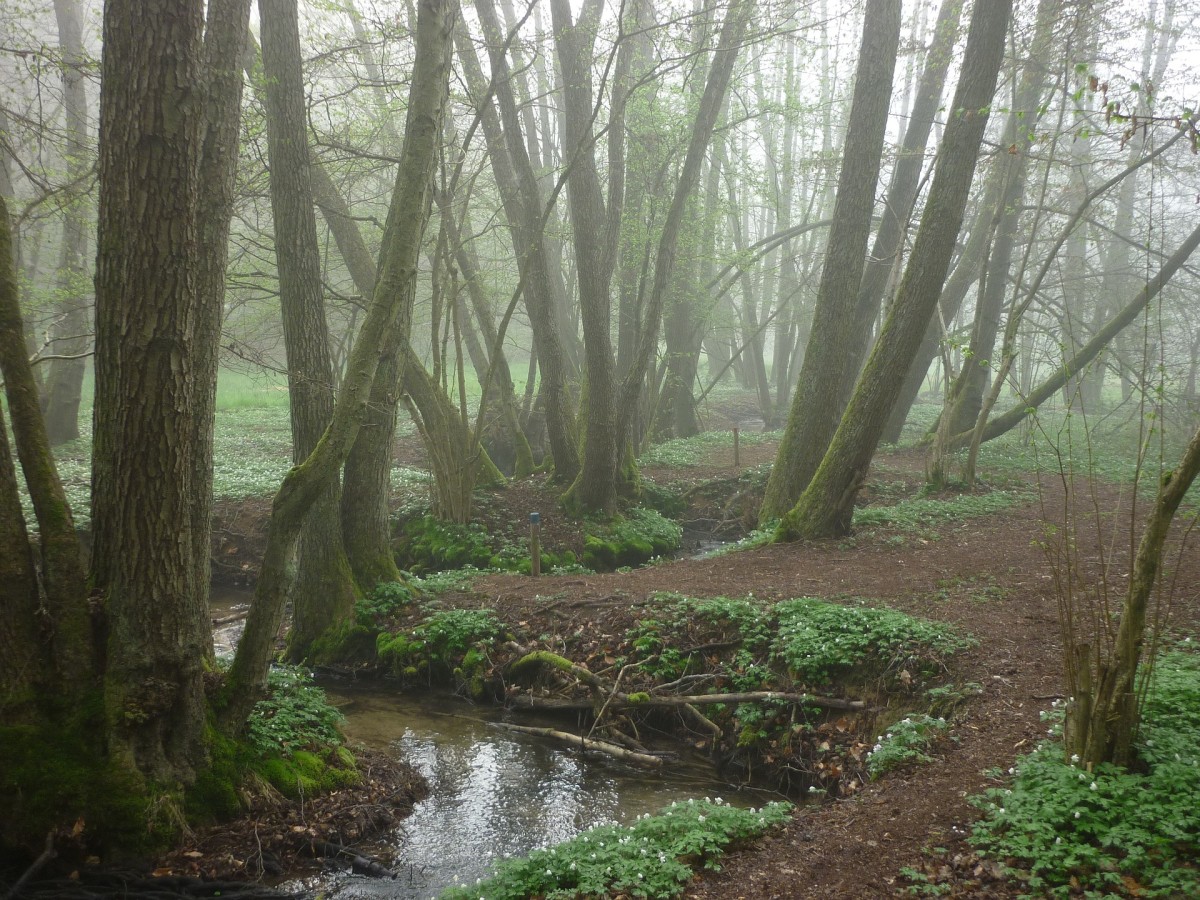Writing a Fantasy Novel: An Ultimate Resource Guide
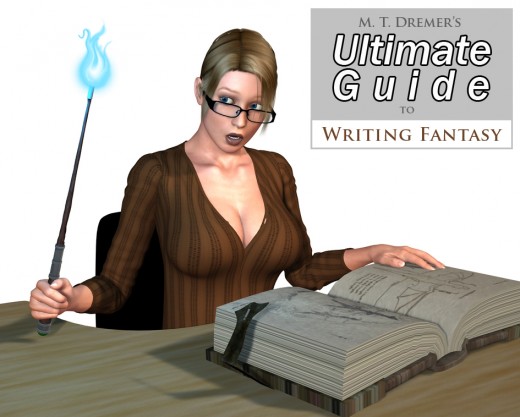
I previously compiled an Ultimate Resource Guide for Writing a novel and getting published and, while there is likely to be some overlap here, I decided to create a separate guide for fantasy novels specifically. It’s something I’ve spent a lot of time doing, and feel passionately about, so I wanted to create the best resource possible for all of the various subjects I’ve covered.
How to Write Genre Fiction for Beginners
If you’ve never written fantasy, then this is the best place to start. While great fiction shares qualities regardless of genre (like strong characters and storylines), there are some unique challenges to tackling the most popular ‘genre’ fictions. Fantasy, in particular, can be intimidating to those just starting out. Between the world-building, magic-justifying and epic-journeying, it’s easy to feel overwhelmed by it all. But don’t panic; brainstorming can often be a lot of fun. In this article I introduce you to the practice to help you get started.
Literary Fiction vs Genre Fiction
Another good introductory article, if you’re new to the writing world, is this one I wrote about the balance between literary and genre fiction. Literary being more ‘sophisticated’ and genre being more ‘popular’. That’s a bit of an oversimplification, but for the sake of understanding, that’s how I’ll define it here. However, as I point out in the article, the overlap is staggering and a well rounded reader/writer will embrace both.
Recommended Reading for Fantasy
The best advice I can give to someone who writes anything is to read a lot. There is no better method to sharpen your skills, motivate new projects, and keep your ideas fresh, than reading like a madman. But, when starting out in a new genre, it isn’t always easy to know which books are worth reading. While there is no shortage of recommendations online, I’ve compiled my own short list of books that had a strong impact on me as a fantasy writer.
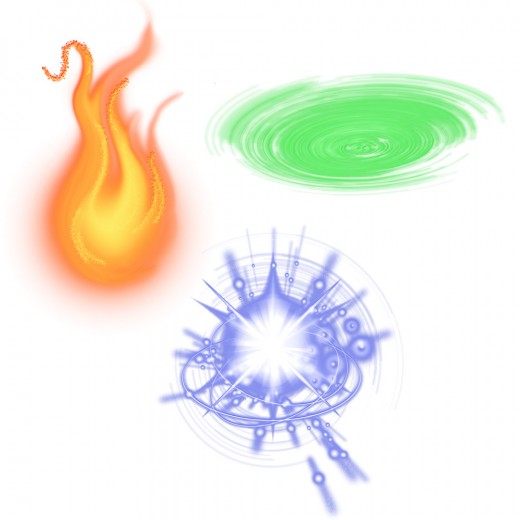
How to Write Your Own Creation Myth
Whether you’re developing your fantasy world’s geography, history or legends, there is a good chance that you’re going to need this first ‘big bang’ of creation. This one element of backstory can influence your magic, religions and story arcs over the course of however many novels you intend to write. It may never be explicitly stated to the reader, but few other elements will have as much influence on your world. Don’t let its epic scope deter you, because writing a creation myth can actually be a lot of fun.
How to Make Laws of Magic for your Fantasy Novel
Similar to your creation myth, figuring out the origin and laws for your system of magic is a crucial part of writing a fantasy novel. True; you don’t have to use magic in fantasy, but it is one of the big things that makes the genre what it is. So, if you’re thinking of using magic, then you’ll want to consider things like its limitations, impact and history, all of which I outline in this article.
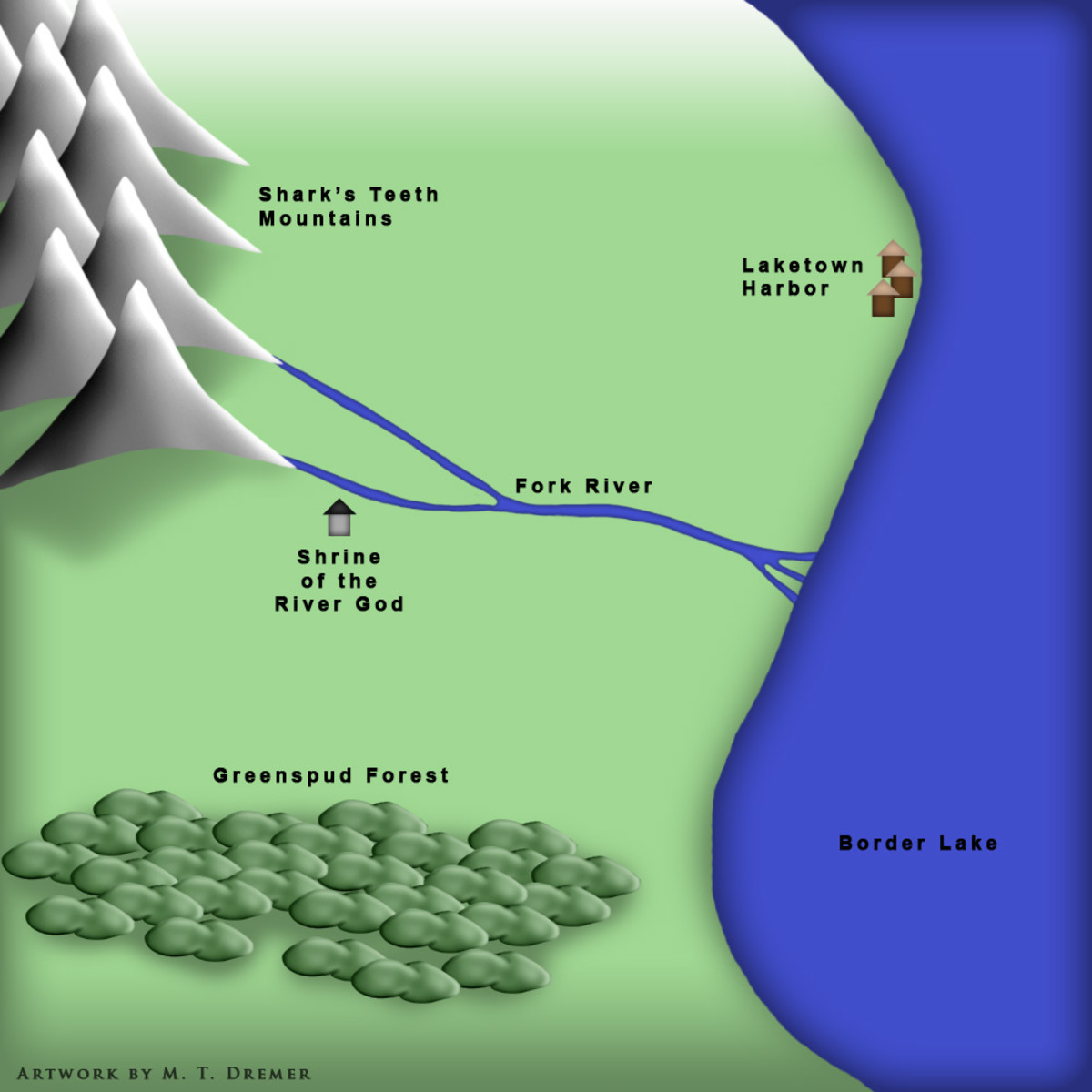
How to Create a Map for your Fantasy World
It’s easy to look at the clichés of a genre and think “I’m not going to do that with my novel”. With fantasy it might be magic, dragons, elves or a map. But each of these things has their own justification for being as popular as they are. In the case of the map, it’s a way for the author to convey a new world to the reader in a relatively straightforward manner. Some authors wish they hadn’t used a map (Terry Goodkind) and some created a map so convoluted that its almost un-map-able (Terry Pratchett). Whether you want to take the traditional route, or go for something a little more outlandish, there are quite a few geological principles you should probably employ. Something as simple as a river flowing in the right direction can make the difference between a believable world and one the reader gives up on.
How to Make Strong Character Names
I take time out in this article to specifically address names for fantasy novels. It’s a part of the process that I’ve often gotten hung up on and I wanted to make it easier on future fantasy writers. While the inclination to create a totally original name can be strong, it should still consider pronunciation and readability. The example I use is Frodo Baggins which, though you’ve likely never heard it in the real world, is easy to pronounce and remember. Inside I examine even more tips and tricks to help you create names easier, and in higher quantity.
How to Describe a Fantasy City
When I first started writing articles about specific elements in a Fantasy novel, one of the things I wanted to focus on was a city. Much like with everything else, there is a good chance that your reader has never visited a city anything like the one you’re describing. This is different from standard fiction that either uses real cities or cities that contain familiar structures. Some people might be familiar with medieval architecture, but that doesn’t mean you want all of your cities to look like that. So I compiled a list of questions that you can ask yourself to help visualize your city. There are quite a few of them, ranging from architecture to gutter cleanliness, but don’t think you have to depict them all. If you get an accurate picture in your head, it will help to consolidate a good description for the writing because you’ll instinctively know what draws your character’s eye and conveys the mood.
How to Describe a Fantasy Creature
Written almost as a companion piece to the fantasy city, I also asked a series of questions about potential fantasy creatures. Again, there is a good chance that you aren’t using lions and wolves for every dangerous encounter. But going too outlandish, like an ethereal octo-shark-dragon, can stretch the audience’s suspension of disbelief. Even fantasy creatures have structure, whether it’s their biology or their habitat, and these questions are all designed to help you nail down those specifics.
Originality in Your Fantasy Novel: Pros and Cons
I’ve often seen questions asked by new fantasy authors about how original they should attempt to be with their new world. In other words: will readers roll their eyes if I use elves and dragons? Unfortunately there is no quick answer for such a question because one man’s cliché is another man’s favorite staple. But there is a legitimate use for both original and tested concepts. In this article I highlight some of the pros and cons for the major aspects (creatures, locations and characters) in hopes of helping you decide which method is best for you.
My Struggle Writing an Epic Fantasy Novel
If you’ve read any of my writing guides before then you might recognize this one. It’s probably the hub I link to most because I want to emphasize the idea that you’re not alone. To this day, I’ve never met a published fantasy author (and I know very few unpublished ones). So, when I started out I had this feeling of being in a life raft amongst a large, empty ocean. How-to-write books are helpful, but even then there aren’t as many for fantasy as there are for general fiction and mystery. Since a lot of what I learned came from trial and error, I felt a need to transcribe some small part of that journey. I wanted other new fantasy novelists to see my struggles and realize that every writer has been there. Knowing that can lift the mists on the ocean to reveal a vast network of rafts. You are not alone.
Fantasy and Science Fiction Magazines that Pay for Short Stories
If you’re serious about writing and you want to help out your future career, the best place to start is with short stories. Agents, publishers, and potential readers will all clamor to buy your book if you have a catalogue of published stories to your name. The biggest issue I’ve had with this is that fantasy isn’t the easiest genre to write as a short story, particularly epic fantasy. The shorter nature just makes it too difficult to cram all of that information into each page. But that’s not saying it’s impossible. Check out some compilation books for the best fantasy short stories and you’ll start to get an idea how it can be done. And, if you write short stories in other speculative fiction genres (like science fiction and horror) then it will still work in your favor as a fantasy author. Once you’ve written your short story, reference this article because I provide links to numerous magazines that are accepting submissions and pay for the each story.
Literary Agents Accepting Genre Fiction
Let’s say you’re on the other end of the spectrum; you’ve finished your fantasy novel and now you’re looking to get a literary agent. You might notice, early in your search, that most agents represent children’s books, romance or mystery. These are, unquestionably, the most popular genres so it makes sense that an agent would favor them as the lowest risk. But there are agents out there who accept fantasy. I compiled a list, during my efforts, to several such agencies. While people move on and tastes change, it’s a good place to start for those looking into traditional publishing. If you’re looking into self publishing, then refer to my ultimate guide to publishing, which I linked to at the beginning of this article.


It might seem intimidating to see all of these subjects gathered together like this, but don’t think that if you haven’t considered everything that you’re a failure. I wanted to make this list so that anyone needing help in a specific area would better be able to find it. The absolute best advice I can give to any budding writer is read a lot and write a lot. We choose writing (and fantasy) because we like it, and the more we capitalize on the joy we have while creating it, the more that will come through in the writing. Because, in my mind, a book that is enjoyable to the author and reader is more important than a well-thought-out snooze-fest.





